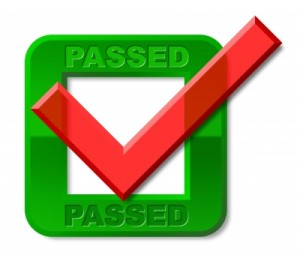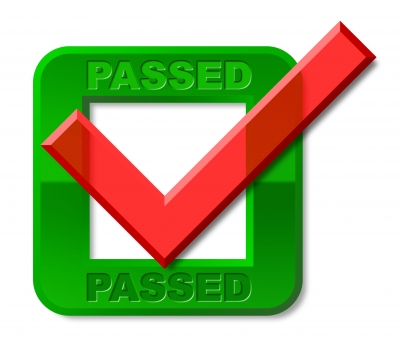 The Philippine House of Representatives has approved on third and final reading the Customs Modernization and Tariff Act (CMTA), a priority measure of the Aquino administration.
The Philippine House of Representatives has approved on third and final reading the Customs Modernization and Tariff Act (CMTA), a priority measure of the Aquino administration.
House Bill (HB) No. 5525, principally authored by Oriental Mindoro representative Reynaldo Umali and co-authored by 42 solons, aims to modernize the Bureau of Customs (BOC) through full automation of operations; ensure the country’s compliance with the Revised Kyoto Convention (RKC); update the tariff and customs law to more effectively address modern business and trade practices; and reduce the cost of doing business to encourage more trade investments.
The counterpart bill at the Senate has yet to hurdle second reading although solons said they were committed to approving the measure when sessions resume on November 3.
HB 5525 aligns the Tariff and Customs Code of the Philippines (TCCP) with standards and recommended practices of the RKC and harmonizes the country’s procedures with 140 customs administrations, “making it easier for traders, importers and exporters to comply with border requirements”, according to a Lower House statement.
It introduces trade facilitation programs for highly compliant and “low risk” importers who may enjoy the benefit of deferred payment of duty and taxes, among others.
Another salient feature of the bill is that it ensures transparency and public accountability in BOC by preventing district officers and front-liner employees to hold the same position for more than three years.
It also delineates the treatment for free importations, regulated importations, prohibited and restricted importations.
HB 5525 mandates that the declarant — the consignee or person who has the right to dispose of the goods — shall lodge the goods declaration with the BOC. Under the Lower House version, the declarant may be the importer being the holder of the bill of lading, or a customs broker acting under the authority from a holder of the bill, or a person duly empowered by the importer to act as agent or attorney-in-fact.
The declarant provision is a highly contested issue with customs brokers opposed to the measure. They say it threatens the profession because it makes the need for professionals optional.
HB 5525 also strengthens post-entry audit by specifying functions of the BOC in conducting audit, examination, verification, and investigation of records to ensure compliance and correct payment of duties and taxes.
The bill provides additional remedies for importers during the pendency of forfeiture proceedings of settlement by payment or redemption of goods, as the case may be.
It clearly defines the exercise of customs police authority, customs jurisdiction and customs control and provides clear rules on abandonment and disposition goods.
Moreover, the measure simplifies customs procedure on express shipments and relief consignments intended for victims of calamities.
It increases the fine and imprisonment penalties for violation of the Act, and reinforces provisions for statutory offenses of officers and employees of the BOC and other government agencies.
HB 5525 creates the Congressional Oversight Committee that will oversee proper implementation of the Act, once signed by the President.
Image courtesy of Stuart Miles at FreeDigitalPhotos.net





